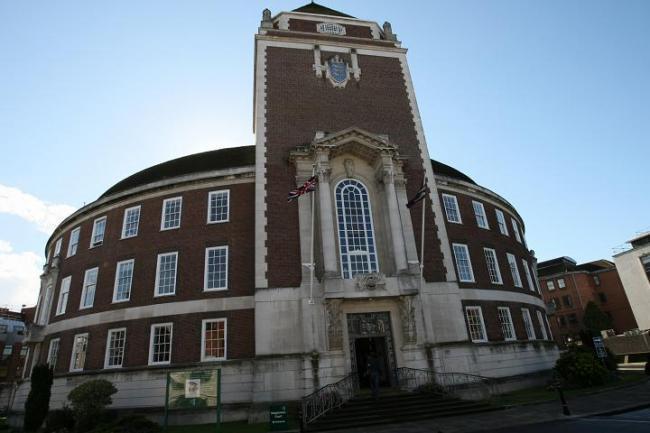A document leaked from Kingston Council outlines a proposal to limit public participation in council business, as part of plans to update its “outdated and confusing” constitutional process.
The council proposes to remove councillor “call-ins”, a process by which citizens are able to question the decisions made by the executive.
It also proposes to raise the number of signatures needed to trigger a community call-in to 1,000 signatures, as opposed to the current threshold of 500.
James Giles, a community campaigner who lives in Surbiton, said: “I am appalled and aghast at these proposals, which are an attack on our local democracy.
“Fewer than 2000 residents voted for the Leader of the Council, Liz Green, yet now she plans to remove and restrict the rights of all 165,000. This is not democracy.”
According to the document, the council also proposes to introduce restrictions on questions asked at council meetings on matters that are not on the agenda.
This is so that “elected decision makers are able to freely debate matters on the agenda without disruption by scheduling time limited public statements prior to the commencement of the member meeting”.
The document was produced after a recent peer review assessment by The Local Government Association (LGA) into the business practices of the council.
A spokesperson for Kingston Council said: “Their report [LGA] highlights that our constitutional processes are outdated and confusing and present a risk that a vocal minority of local residents who may or may not represent the views of the wider community could have a disproportionate influence on decision making.
“Our proposals are designed to directly address these concerns and improve decision making and the way in which we engage with people so that we are fully informed of the issues of concern to our local communities. No final decisions have yet been taken.”





